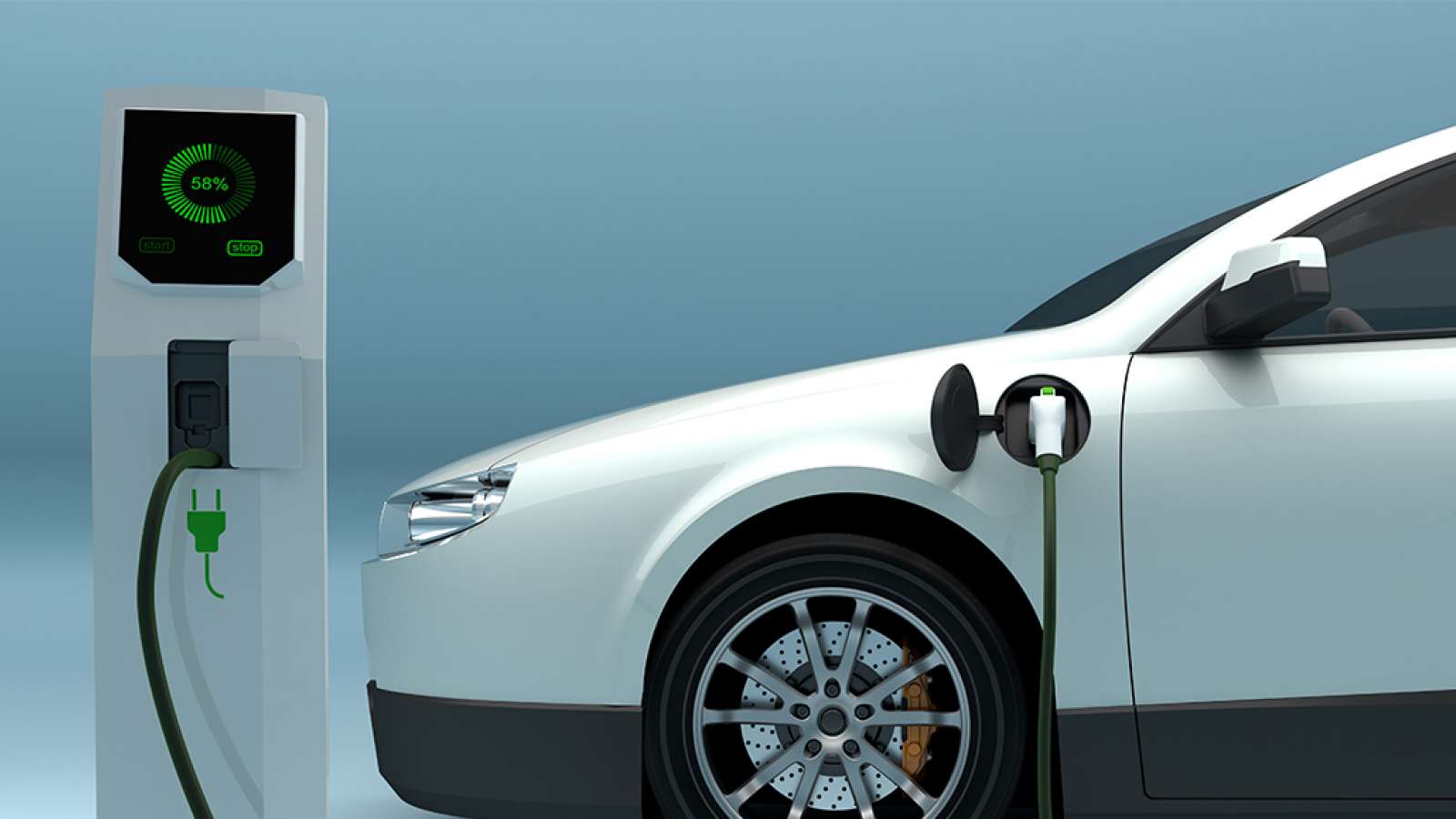The automotive industry is undergoing a transformation, with electric cars emerging as a driving force in the pursuit of sustainable and eco-friendly transportation solutions. The electric car business is not only revolutionizing the way we drive but also reshaping the entire automotive landscape. In this article, we’ll delve into the world of electric cars, their benefits, challenges, market trends, and the role they play in shaping a greener future.

The Rise of Electric Cars
Electric cars, also known as electric vehicles (EVs), utilize electric motors powered by batteries instead of internal combustion engines. As concerns over air quality, carbon emissions, and the depletion of fossil fuels grow, electric cars have gained traction as a viable alternative to traditional gasoline-powered vehicles.
Benefits of Electric Cars
- Eco-Friendly Operation: Electric cars produce zero tailpipe emissions, reducing greenhouse gas emissions and improving air quality in urban areas.
- Lower Operating Costs: Electric cars have fewer moving parts and require less maintenance, resulting in lower operating and maintenance costs over time.
- Fuel Efficiency: Electricity is generally cheaper than gasoline, making electric cars more cost-effective to operate, especially as energy sources shift to renewables.
- Quiet and Smooth Operation: Electric cars offer a quiet and smooth driving experience due to the absence of internal combustion engine noise and vibrations.
Challenges and Considerations
- Charging Infrastructure: The availability of charging stations remains a challenge, especially in regions with limited charging infrastructure.
- Range Anxiety: Some consumers worry about the limited range of electric cars compared to traditional vehicles. Although advancements in battery technology are extending ranges.
- Initial Cost: The upfront cost of electric cars is often higher than conventional vehicles. Though government incentives and long-term savings can offset this.
Market Trends and Future Prospects
- Rising Demand: Growing environmental awareness, government incentives, and technological advancements have fueled the demand for electric cars.
- Innovations in Battery Technology: Ongoing developments in battery technology are improving range, charging times, and overall performance.
- Expansion of Model Offerings: Many automotive manufacturers are investing in electric vehicle production, expanding the range of available models.
Conclusion
The electric car business is not just about vehicles; it represents a shift towards sustainable transportation. And a commitment to reducing the environmental impact of personal mobility. As governments set ambitious goals to reduce carbon emissions and promote clean energy. Electric cars are at the forefront of this transformation. Entrepreneurs, investors, and automakers are capitalizing on the opportunities presented by the electric car business. Driving innovation and contributing to a cleaner, greener future for generations to come.